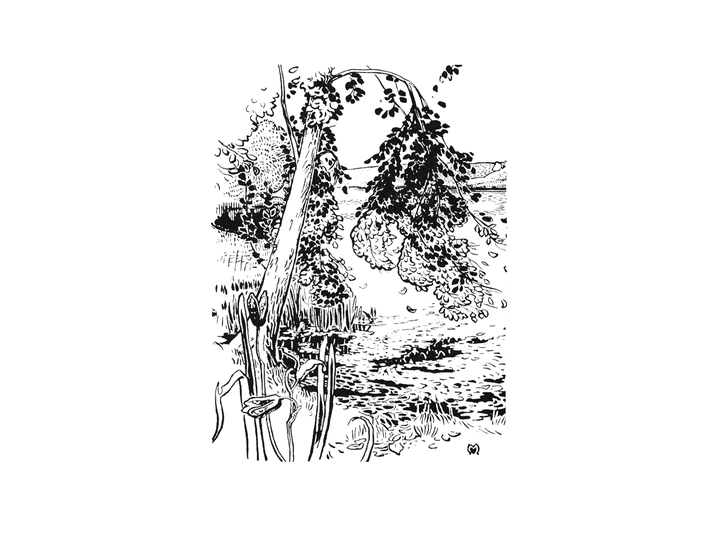Looking for Eutopia

Federico Diodato
Federico Diodato is an architect and urban planner, he holds a PhD in Architecture and currently teaches at several universities in France and Italy. He is alongside Nikhil Calas a partner at the Paris-based architecture office Faire, which explores architecture in its various forms, fostering an interdisciplinary approach that intersects practice, research, pedagogy, and advocacy. This approach is understood as the art of transforming our environment: a profoundly collaborative art, aimed at shaping the space to make it last, maintaining it, and caring for it daily.
Since January 2020, he has been journal manager of the scientific review The European Journal of Creative Practices in Cities and Landscapes (CPCL), edited by the University of Bologna and TU Delft, and managing editor of the CPCL Series, edited by BK Books.
Today, as we grapple with environmental, economic, and social crises, the imperative is to know what history we are invoking, what tradition we are building on, and what future we are building. In 1895, the biologist Patrick Geddes wrote that it is precisely in times of crisis that we should prepare for the Renaissance. He opened up the possibility of finding Eutopia, the place of cooperation rooted in specific territorial qualities, by returning to Nature and entering the outside world: that of animals, plants, and rocks. With Geddes, a territorialist tradition began. A tradition that has reached us in which the planner goes beyond the confines of narrow disciplines, merging specialised knowledge into a holistic perspective. In this tradition, the very act of planning is seen as an educational endeavour: a means to cultivate citizens' awareness of their roles.
The research that we have been conducting over the past four years retraces the genealogy of this tradition and offers an invitation to a journey, from Scotland to the United States, passing through Italy and landing in France. By following this path, the aim is to reveal the development of a complex tapestry of thoughts, actions, and experiences on the sidelines of planning culture.
If we have been engaged in retracing and spreading this tradition, through articles, conferences, and round tables, the time has now come to continue this tradition by preparing Looking for Eutopia: as an itinerating exhibition displaying the figures that have marked this tradition. To reach its full potential, the exhibition will travel through European cities and will culminate in the publication of a book. It will be a meeting and educational place that enables inhabitants to open their eyes to the nature of their place in their ecological community and to an increased awareness of how they live and how they might live. As Geddes used to say: vivendo discimus, by living we learn.